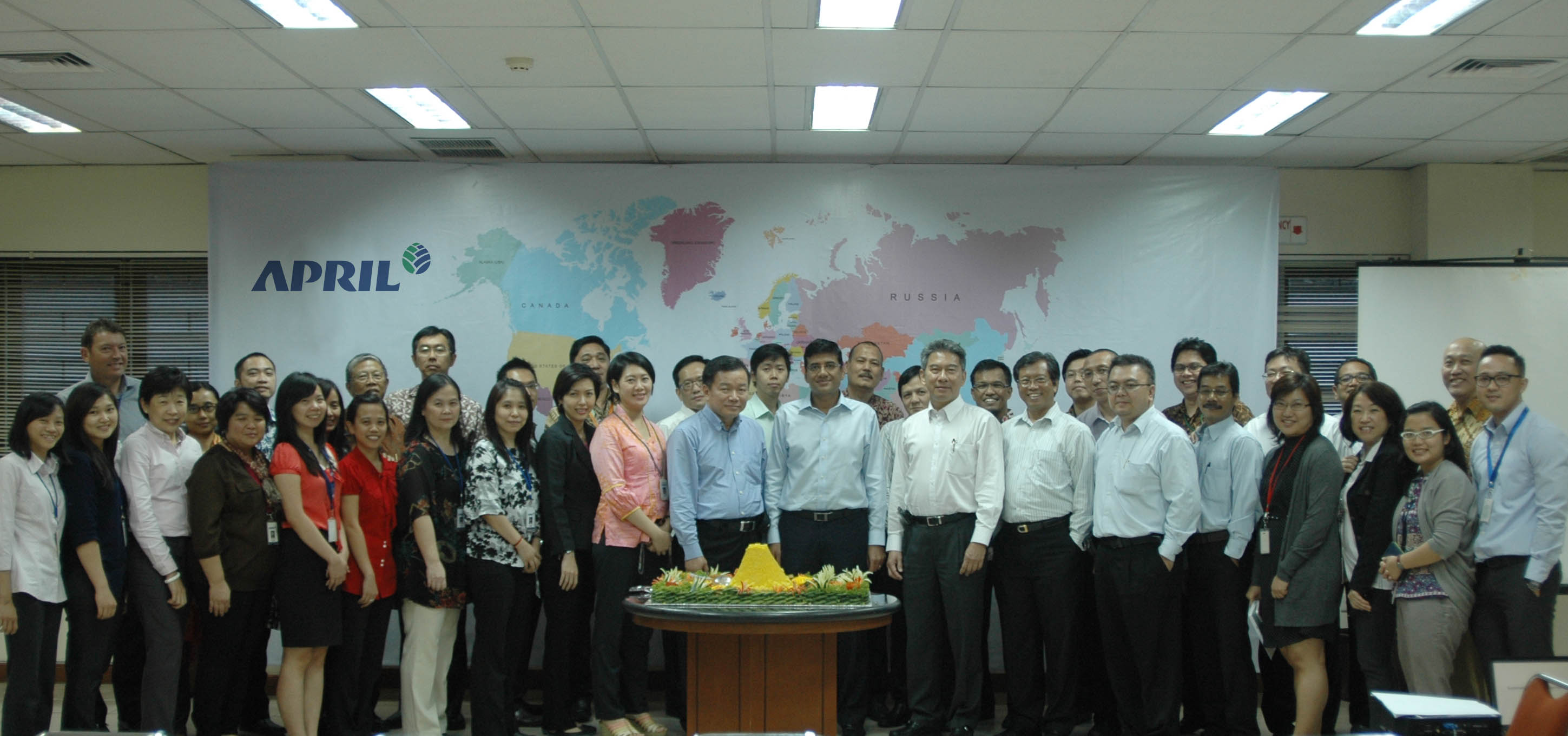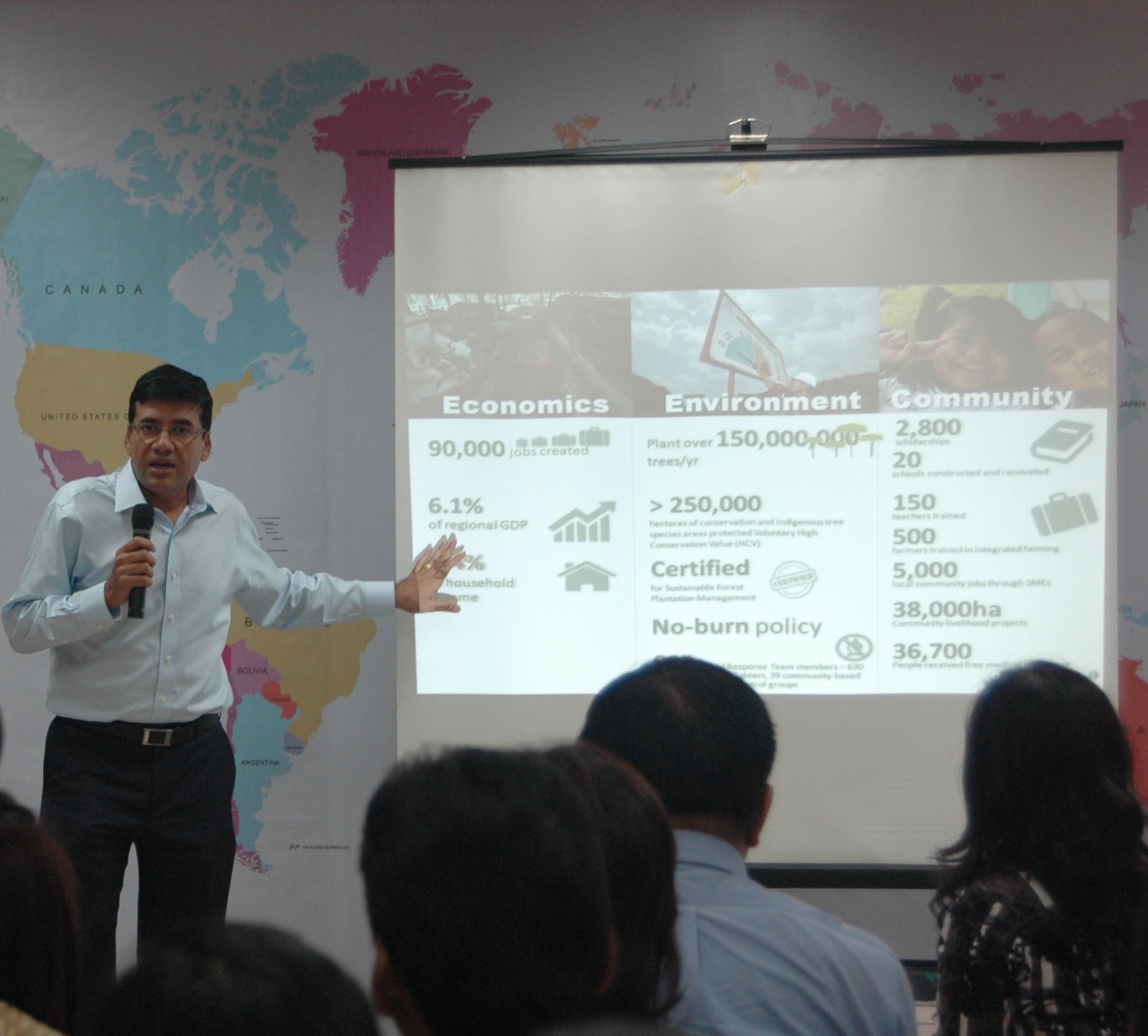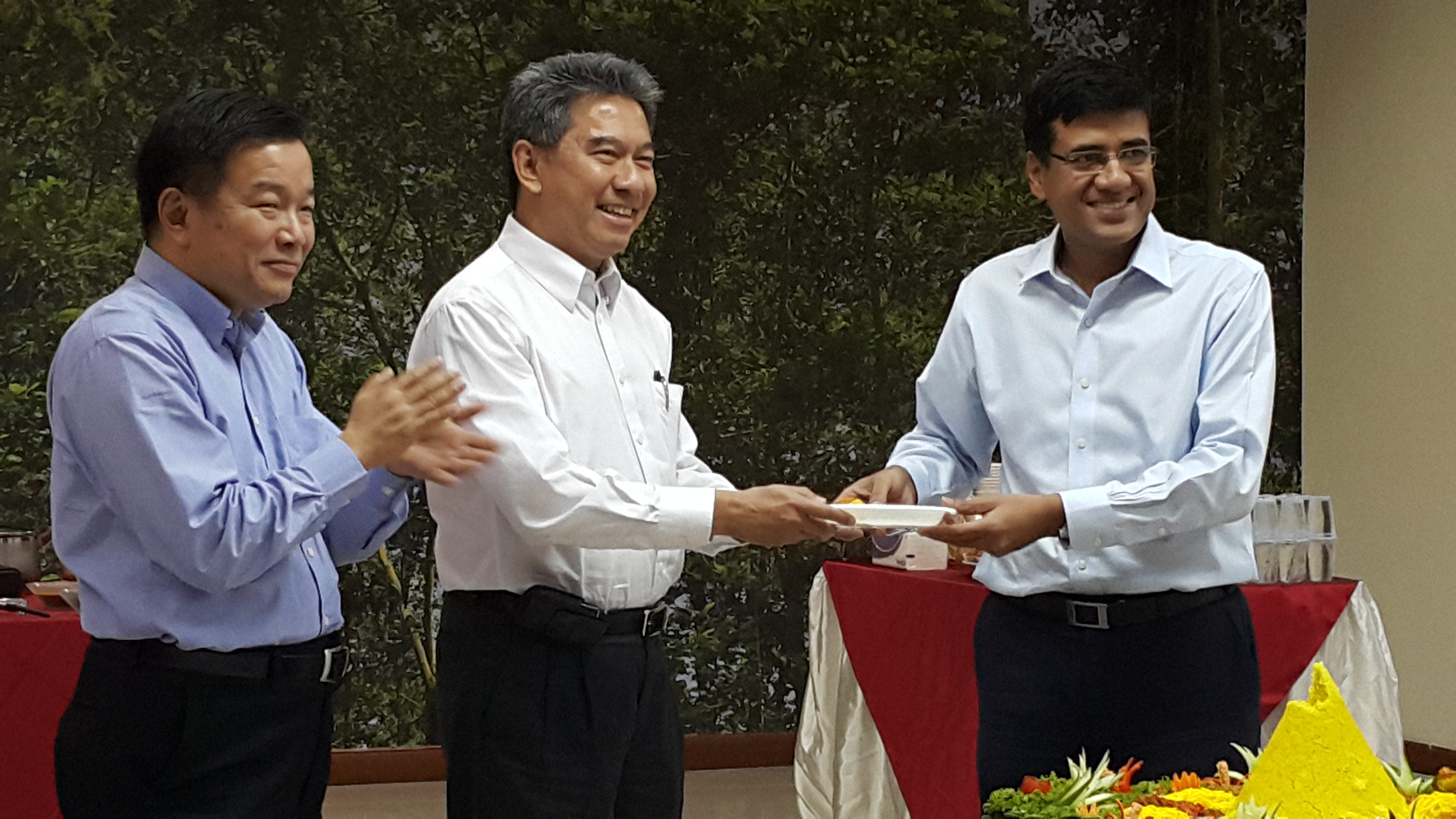APRIL Sustainable Forest Management Policy (SFMP) – One Year After
On 28 January 2014 APRIL announced a far-reaching commitment to the environment, introducing an upgraded Sustainable Forest Management Policy (SFMP). This represented a significant milestone and commitment in our sustainability journey.
A year has quickly passed. Throughout the year we have updated progress against our commitments, while also acknowledging concerns and criticisms from those yet to be convinced of our intent.
We have published scrutiny of our progress by the Stakeholder Advisory Committee (SAC) appointed to oversee our performance against the policy.
We have been subject to independent review by KPMG, whose findings have informed the most recent and robust recommendations from the SAC to date. We have also listened, learned, discovered and self-critically assessed our pathway to sustainability. A year on, we can acknowledge progress but also reflect with more certainty on the pathway ahead.
In our first year under the updated policy, the multi-stakeholder SAC has been meeting regularly and providing objective and constructive guidance as it was designed to.
We completed our plantation establishment process at the end of 2014 and we have continued to invest in ecosystem-restoration projects, doubling the size of land undergoing restoration. We have moved forward with conservation and community engagement initiatives to protect the landscape where we operate from threats such as illegal encroachment and fire, and redoubled our efforts with local communities and stakeholders to prevent and fight fires during the dry season risk period.
We are working more closely than ever with our supply partners to ensure they adhere to our sustainability policies, enshrining those commitments in contracts as they are renewed.
We have been active in communicating our policies and progress to our stakeholders and answering their questions. We have also engaged directly with a range of NGOs – not all of which agree with our policies – to seek common ground on objectives of conservation and plantation self-sufficiency.
While we reflect on the anniversary of the SFMP’s publication, and despite the achievements mentioned above, there is further work to do to strengthen the policy’s implementation on the ground. We are encouraging all of our stakeholders to review the most recent SAC recommendations for an accurate assessment of our progress and the areas of operational focus required as set out against our commitments.
Over the past 12 months, the SFMP has been cemented as a cornerstone commitment and proven to be an effective policy guide and catalyst. Both our supporters and many of our most ardent critics invoke it as a standard against which our conservation, landscape management and sustainable development efforts should be judged.
We understand there are critics who continue to call for different actions and enhancement of our policies and practices. We listen to those criticisms in the context of deciding what is achievable and sustainable in our complex operating environment.
It is clear from the work of the SAC and our efforts to deliver on our commitments that we share similar end-goals with many of our stakeholders – conservation and a sustainable future- despite the fact that we sometimes differ on the pathway to its achievement.
We are now implementing an action plan based on the latest SAC recommendations to direct progress commitments. We will report on the progress against the action plan at the next SAC meeting in May 2015.
We are determined to ensure the year ahead is one of further progress. We are working to accelerate our commitment toward plantation self-sufficiency through continued investment in research and development as well as operational improvements to reduce reliance on non-plantation wood sources.
At the same time, we will continue to move towards our 1-for-1 commitments on plantation and conservation areas, where we are now approaching 80 percent completion. We will continue to make progress on our ecosystem restoration projects on the Kampar Peninsula, where we have doubled the area under restoration from 20,000 to 40,000 hectares.
We will continue to seek support from partners and stakeholders, whose insight, constructive criticism and oversight is as important as ever – through the SAC and other stakeholder forums.
We thank all of those who have supported our journey so far and pledge to continue dialogue and debate as we move towards our shared goals.







